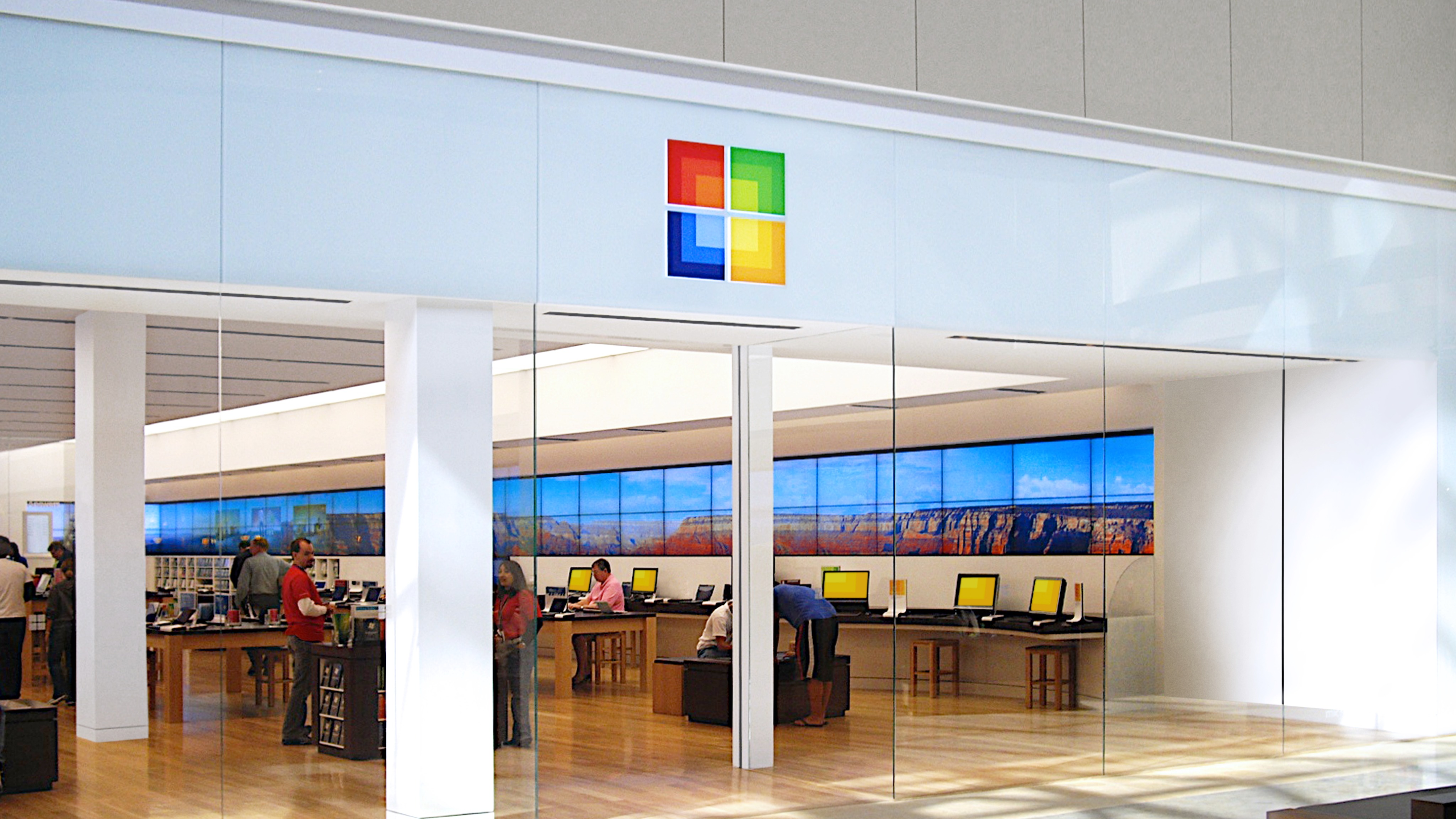Microsoft has announced a significant restructuring of its retail operations in mainland China, marking a shift in the company's approach to one of the world's largest consumer markets.
The technology giant is consolidating its distribution channels, which includes the closure of its network of authorised physical retailers across the country.
The move comes four years after Microsoft's decision to shutter its branded stores worldwide in 2020, a strategy that was partially reversed for select locations in 2021, with plans to only keep Microsoft Experience Centres in London, New York City, Sydney and at its Redmond campus. However, unlike its global approach, Microsoft's presence in China has relied entirely on independent third-party retailers operating under a franchise model.
In a statement, Microsoft explained, "We continually assess our retail strategy to meet the evolving needs of our valued customers and we've made the decision to focus our channel approach in mainland China."
The company said that its products would remain available through its website and select retail partners, including storefronts on popular e-commerce platforms Taobao and JD.com.
Local reports from the South China Morning Post suggest that operators of branded Microsoft Stores on the mainland have been notified to cease operations by 30 June. A former Microsoft Store manager in Shenzhen told the outlet that while he plans to continue selling Microsoft products, he will no longer be able to promote his business as an "authorised reseller".
This restructuring comes amidst heightened political tensions between the United States and China. Microsoft president Brad Smith recently disclosed to a congressional hearing that China accounts for only about 1.5 per cent of the company's global revenue. There have also been reports of Microsoft offering to relocate some of its mainland employees overseas, potentially in response to political pressures on US firms to reduce their presence in China.
As Microsoft adapts its retail strategy in mainland China, it remains to be seen how this will impact the company's market share and consumer access to its products in the region.
Latest News
-
Currys overhauls payment systems to adopt emerging tech
-
Ocado to widen access to tech as exclusivity agreements end
-
Asda hires new group CIO to lead tech and data teams
-
Morgan Stanley warns 200,000 European banking roles 'under threat' from AI
-
The top technology trends to expect in 2026
-
The most read National Technology News stories of 2025
The future-ready CFO: Driving strategic growth and innovation
This National Technology News webinar sponsored by Sage will explore how CFOs can leverage their unique blend of financial acumen, technological savvy, and strategic mindset to foster cross-functional collaboration and shape overall company direction. Attendees will gain insights into breaking down operational silos, aligning goals across departments like IT, operations, HR, and marketing, and utilising technology to enable real-time data sharing and visibility.
The corporate roadmap to payment excellence: Keeping pace with emerging trends to maximise growth opportunities
In today's rapidly evolving finance and accounting landscape, one of the biggest challenges organisations face is attracting and retaining top talent. As automation and AI revolutionise the profession, finance teams require new skillsets centred on analysis, collaboration, and strategic thinking to drive sustainable competitive advantage.
© 2019 Perspective Publishing Privacy & Cookies








Recent Stories